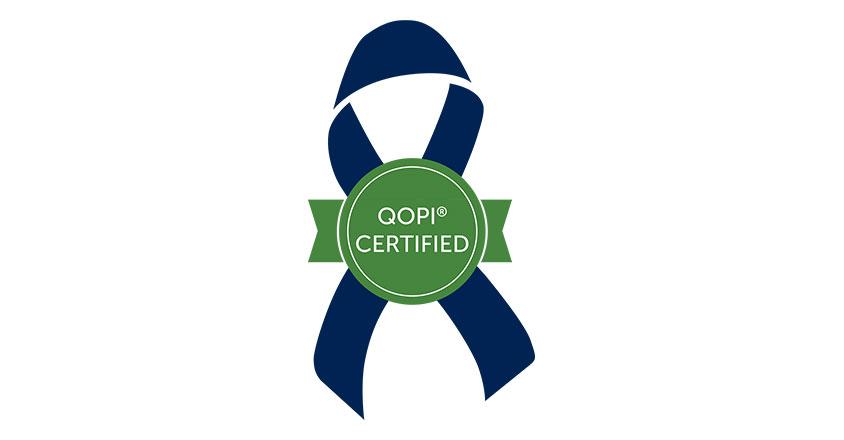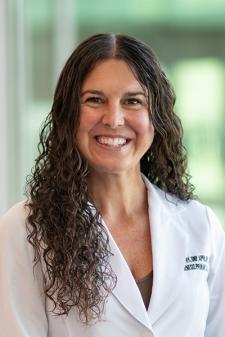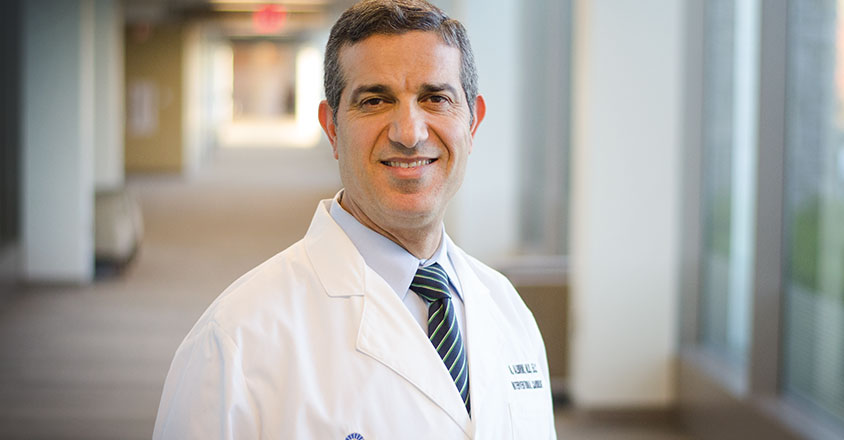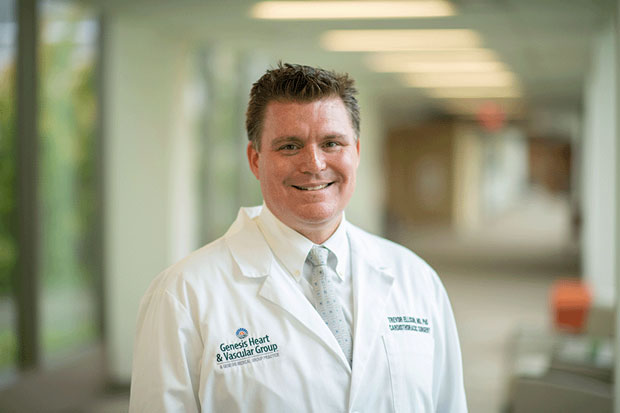Genesis Cancer Care Center Recertified for High-quality Care by QOPI®
Standards Met for Three-Year Certification
The Genesis Cancer Care Center has received recertification by the QOPI® Certification Program, LLC, a wholly owned subsidiary of the Association for Clinical Oncology and an affiliate of the American Society of Clinical Oncology. The QOPI® Certification Program builds on the Quality Oncology Practice Initiative (QOPI®), providing a three-year certification for outpatient hematology/oncology practices that meet nationally recognized standards for quality cancer care.
“We are proud to earn this recertification for another three years as it demonstrates our commitment to ensuring our patients receive high-quality cancer care,” said Pebbles Kieber, Director of Genesis Cancer, Palliative Medicine and Hospice Services. “Our team works hard each day to meet the highest standards of care set forth by the QOPI® Certification Program to provide the best care possible for those we serve.”
The Genesis Cancer Care Center first achieved certification in 2012. In applying for recertification, the center participated in a voluntary comprehensive site assessment against clearly specified standards that are consistent with national guidelines and was successful in meeting the standards and objectives of the QOPI® Certification Program.
Standards and objectives assessed included creating a safe environment related to staffing, competencies and general policy; treatment planning, patient consent and education; ordering, preparing, dispensing and administering chemotherapy; monitoring after chemotherapy is administered, including adherence, toxicity and complications; among others.
For more information on QOPI Certification and all of ASCO’s innovative quality improvement programs, please visit: https://www.asco.org/practice-patients/quality-improvement/quality-programs.
For more information on the Genesis Cancer Care Center, visit genesishcs.org/cancer.

The Genesis Cancer Care Center has received recertification by the QOPI® Certification Program, LLC.










